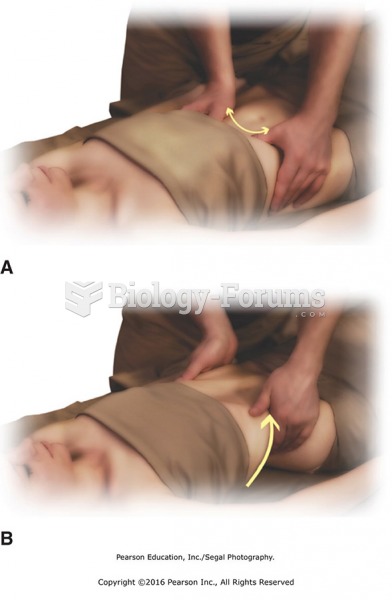|
|
|
The people with the highest levels of LDL are Mexican American males and non-Hispanic black females.
Between 1999 and 2012, American adults with high total cholesterol decreased from 18.3% to 12.9%
About one in five American adults and teenagers have had a genital herpes infection—and most of them don't know it. People with genital herpes have at least twice the risk of becoming infected with HIV if exposed to it than those people who do not have genital herpes.
Asthma is the most common chronic childhood disease in the world. Most children who develop asthma have symptoms before they are 5 years old.
Amoebae are the simplest type of protozoans, and are characterized by a feeding and dividing trophozoite stage that moves by temporary extensions called pseudopodia or false feet.
 Cerebral aneurysm. A cerebral aneurysm is the abnormal dilation of arteries supplying the brain, whi
Cerebral aneurysm. A cerebral aneurysm is the abnormal dilation of arteries supplying the brain, whi
 Middle adulthood can bring large-scale changes in lifestyle and interests, as illustrated by this ph
Middle adulthood can bring large-scale changes in lifestyle and interests, as illustrated by this ph





